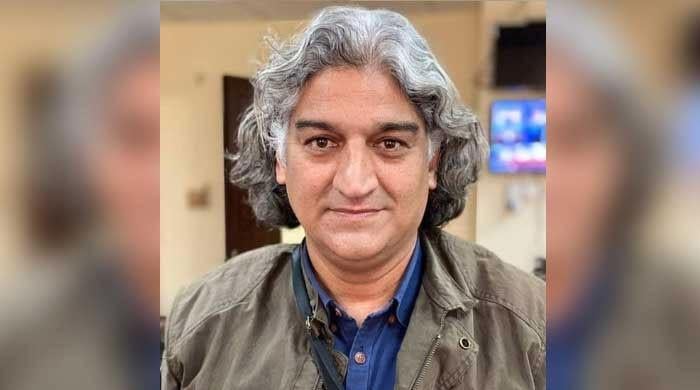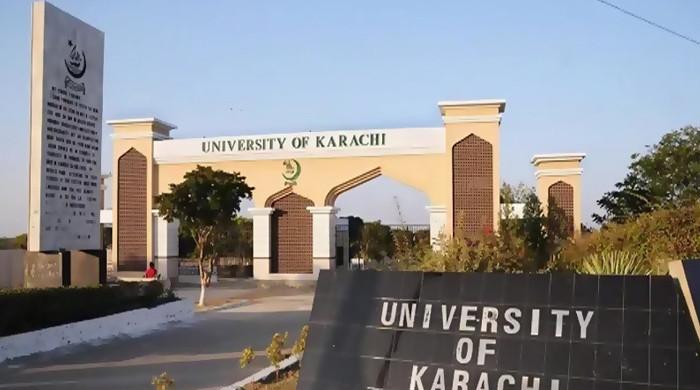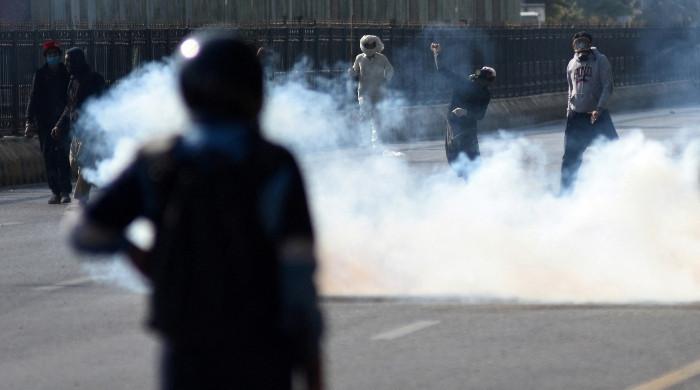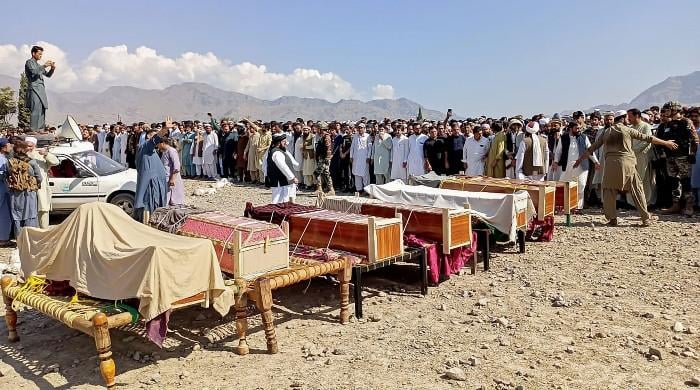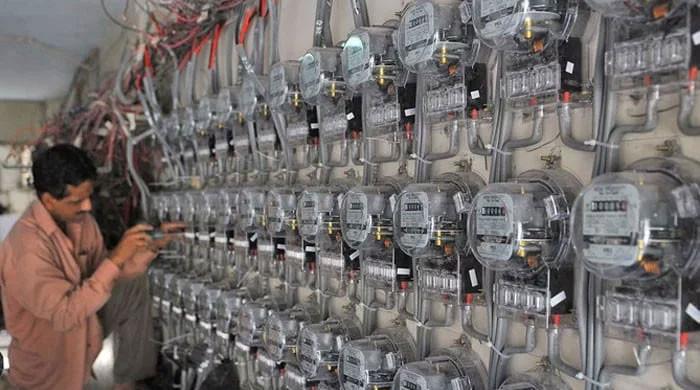Top US, NATO officials meet Pak Army chief Gen Bajwa, discuss Afghan peace process
Visiting dignitaries appreciate Pakistan's positive role in furthering the Afghan peace process, says ISPR
October 08, 2020
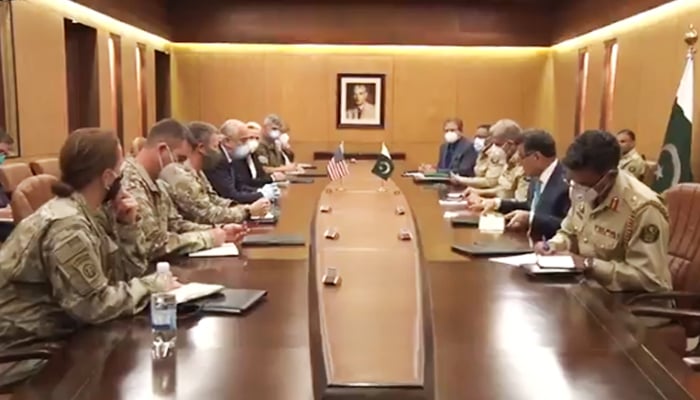
RAWALPINDI: US Special Representative for Afghan Reconciliation Ambassador Zalmay Khalilzad and commander of NATO’s Resolute Support Mission in Afghanistan Gen Scott Miller called on Chief of Army Staff Gen Qamar Javed Bajwa, the military's media wing said on Thursday.
According to Inter-Sevices Public Relations (ISPR), matters related to mutual interest, peace and stability in the region; Pak-Afghan border management; and current developments in the Afghan peace process were discussed during the meeting held at the General Headquarter in Rawalpindi.
"Special Representative for Afghanistan Ambassador Mohammad Sadiq was also present," the military's media wing said.
Read more: A timeline of the historic Afghanistan peace talks
The visiting dignitaries appreciated Pakistan's positive role in furthering the Afghan peace process, the ISPR added.
The development comes after Taliban and Afghan peace negotiators set new ground rules as they negotiate to bring an end to decades of war to safeguard against the risk of any breakdown in long-sought peace talks that kickstarted last month in Qatar.
A British wire service, while quoting sources, reported that the breakthrough was achieved with the help of US officials. The two sides drew up 19 ground rules that their negotiators should observe during talks.
Read more: Spoilers can pose 'formidable challenges', says FM Qureshi
While the talks have been taking place in Qatar’s capital Doha, scores of Afghan soldiers and Taliban fighters have been killed in clashes and suicide attacks in which dozens of civilians have also died in recent weeks.
“Firming up a code of conduct was extremely crucial as it proves that both sides are willing to continue talks even as we see that violence has not reduced on the ground,” said one senior Western diplomat on condition of anonymity.




